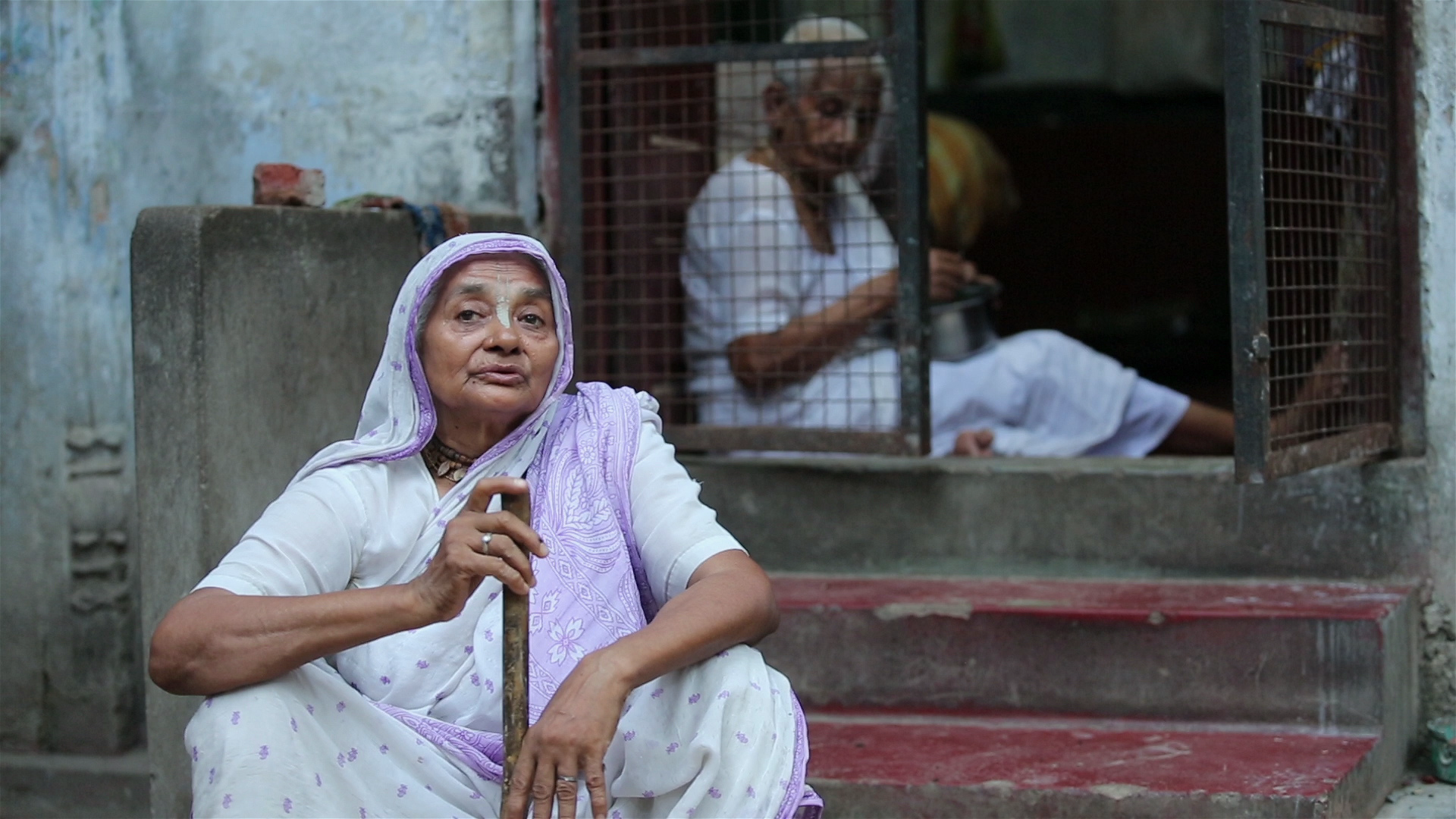NEW DELHI: Happy Retirement! The elderly in India say: Not yet. Perhaps it is the reality of modern life as 40 per cent of the elderly population wants to be employed ‘as long as possible’, a HelpAge India report revealed.
According to the report, 36 per cent of the elderly population are willing to work even after the retirement age.
The elderly population stands at 13.8 crores which makes up for approximately 10 per cent of the total population.
The use of the phrase ‘as long as possible’ was used because the elderly have expressed their interest to work as long as they are physically fit to do it.
“The senior citizens want to be independent as they don’t want to become a financial burden on their families,” AK Singh, director of HelpAge India, told The New Indian.
“Most of the elder citizens feel that they are active while working, hence keeping them physically fit. It improves their ability to remain an asset rather than becoming a liability for their family. They want to contribute to society and create a positive impact on society,” Singh added.
The pandemic was a major blow to the working conditions of the elderly, thus making them the most vulnerable section of society. The government and private institutions cut down the employment opportunities which in turn made them dependent on family earnings and pensions as their main source of income.
It is interesting to note that nationally 47 per cent of elders are financially dependent on family while 34 per cent are dependent on pensions and cash transfers, the report stated.
“The report brings out some startling facts and forces one to re-look at the frame through which we view our elderly,” Rohit Prasad, CEO of HelpAge India, said.
“Elders are today aspiring to work. They don’t want to be viewed as only dependents but as contributing members of society. Therefore, it is important that along with providing social protection for the poor and disadvantaged, we create an enabling environment for a large section of senior citizens who are willing and capable to contribute towards realising the longevity dividend,” Prasad said.
In a worrying development, that is being highlighted by the report, there has been a sharp rise in elder abuse cases by the family members, especially during the COVID-19 lockdown.
The report states that 59 per cent of the elders feel that elder abuse is still prevalent in society while 10 per cent identified themselves as victims of abuse.
“We have rehabilitated many senior citizens who were victims of domestic violence and are physically abused by their family members,” Singh said.
“In a country where we idolise ‘Shravan Kumar’ and ‘Lord Ram’ for being devoted children, it’s disheartening to see that we act against our traditions, values and moral principles. I think it’s a matter of grave concern for our society,” he added.












